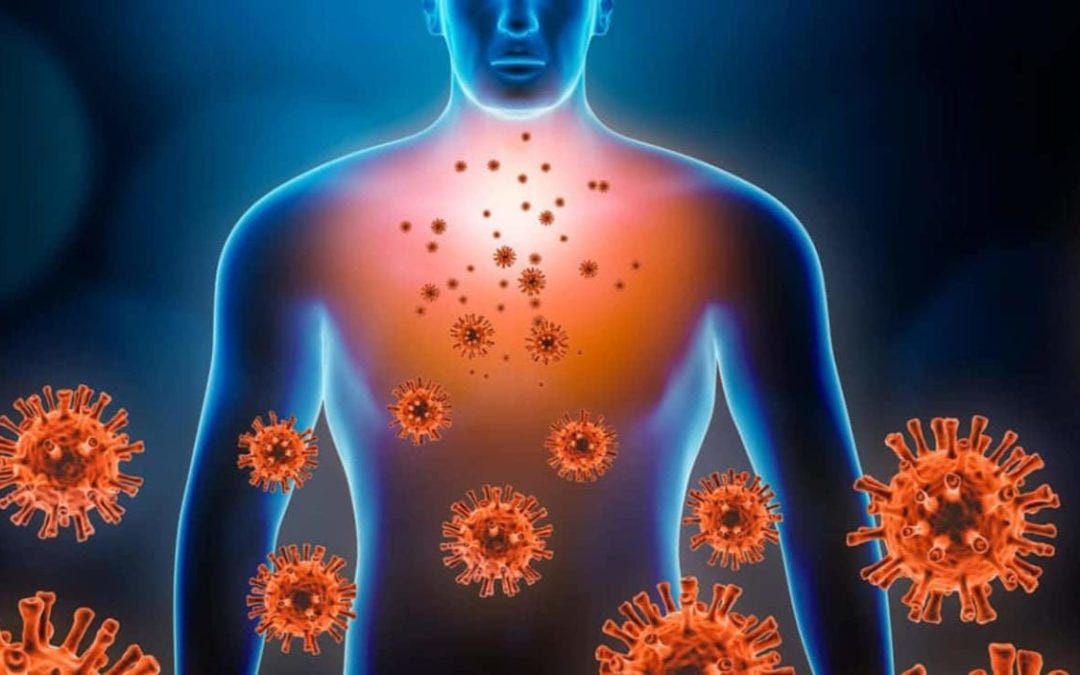New research shows mRNA jabs could weaken immune responses
Experts say mRNA vaccine can make cells of the immune system “lazy” when it comes to fighting off viral and bacterial infections.
Last week, a new peer-reviewed paper published in Frontiers in Immunology has sparked concern over whether mRNA shots could be weakening a person’s immune response.
The small study involved 29 children aged 5-11 years. Blood samples were taken from the children before and 28 days after a second dose of Pfizer’s mRNA vaccine. Samples from eight children were also analysed at six months.
Researchers found that vaccination resulted in reduced levels of cytokines – molecules that play a crucial role in mobilising an immune response against viruses and bacteria.
“Our study showed that, in children, SARS-CoV-2 mRNA vaccination decreases inflammatory cytokine responses,” wrote the authors.
This study builds on a previous pre-print in adult volunteers, that showed Pfizer’s mRNA vaccine could modulate the response of immune cells to non-specific viral fungal and bacterial infections.
The two studies are small, and the clinical outcomes were not assessed, so researchers cannot prove that mRNA vaccines increase a person’s susceptibility to “non-specific” infections in the real world.
However, this phenomenon has been shown to occur with other vaccines that are currently on the market.
In low-income countries with a high infectious disease pressure, so-called “non-live” vaccines such as the diphtheria, tetanus and pertussis (DTP) vaccine have been associated with increases in all-cause mortality and morbidity.
Christine Stabell Benn, epidemiologist, and professor at the University of Southern Denmark, is at the forefront of studying the phenomenon of “non-specific” effects of vaccines.




No comments:
Post a Comment